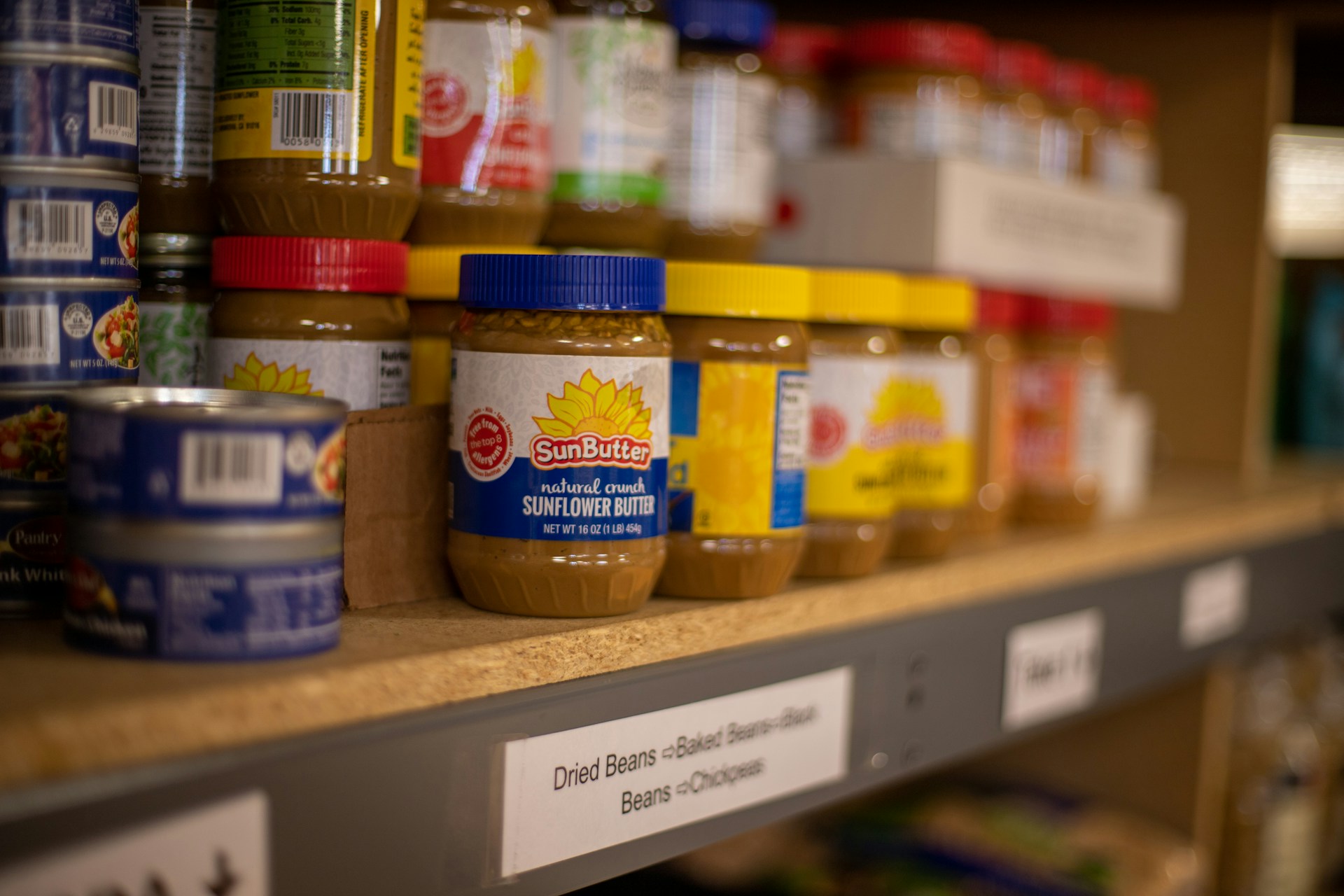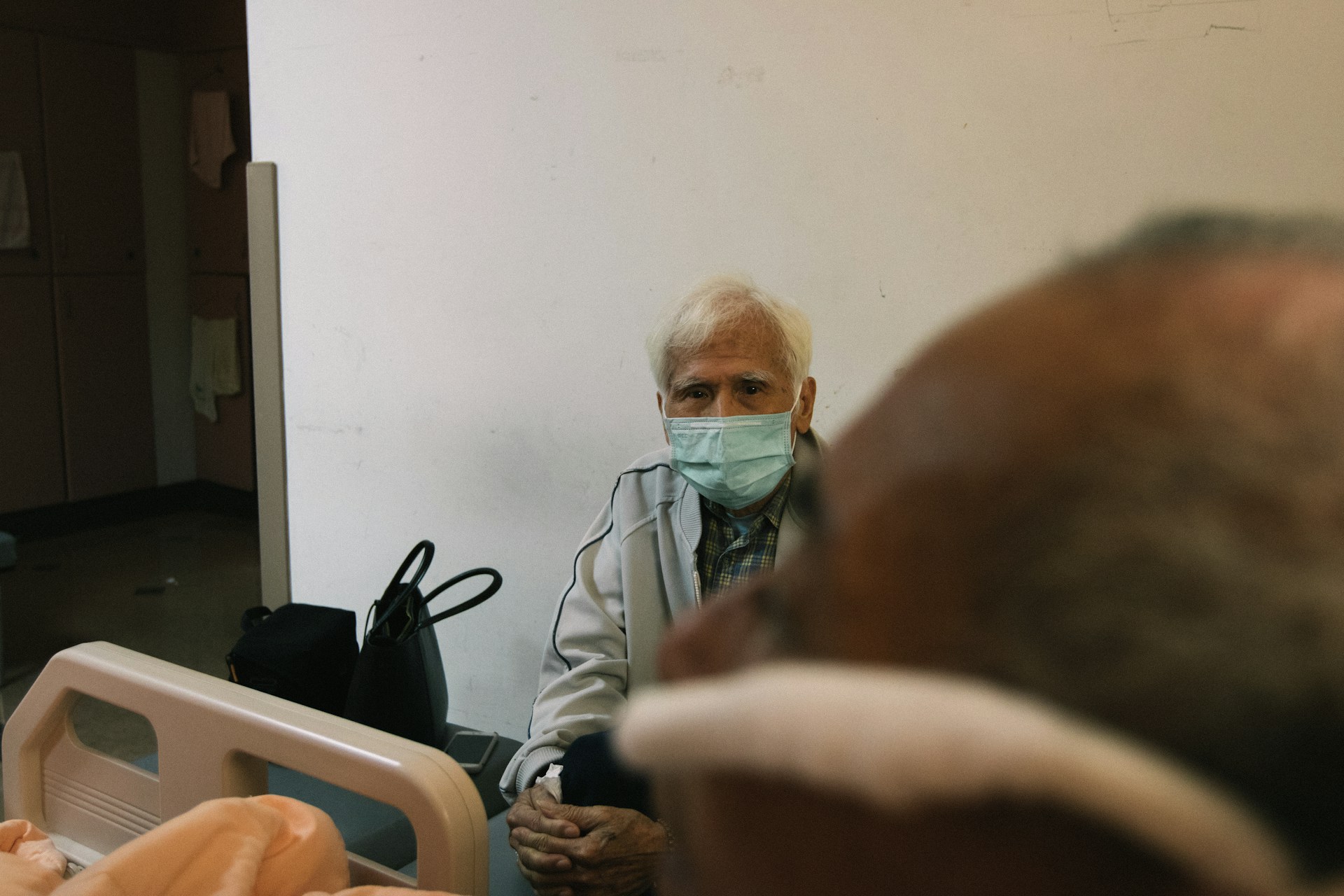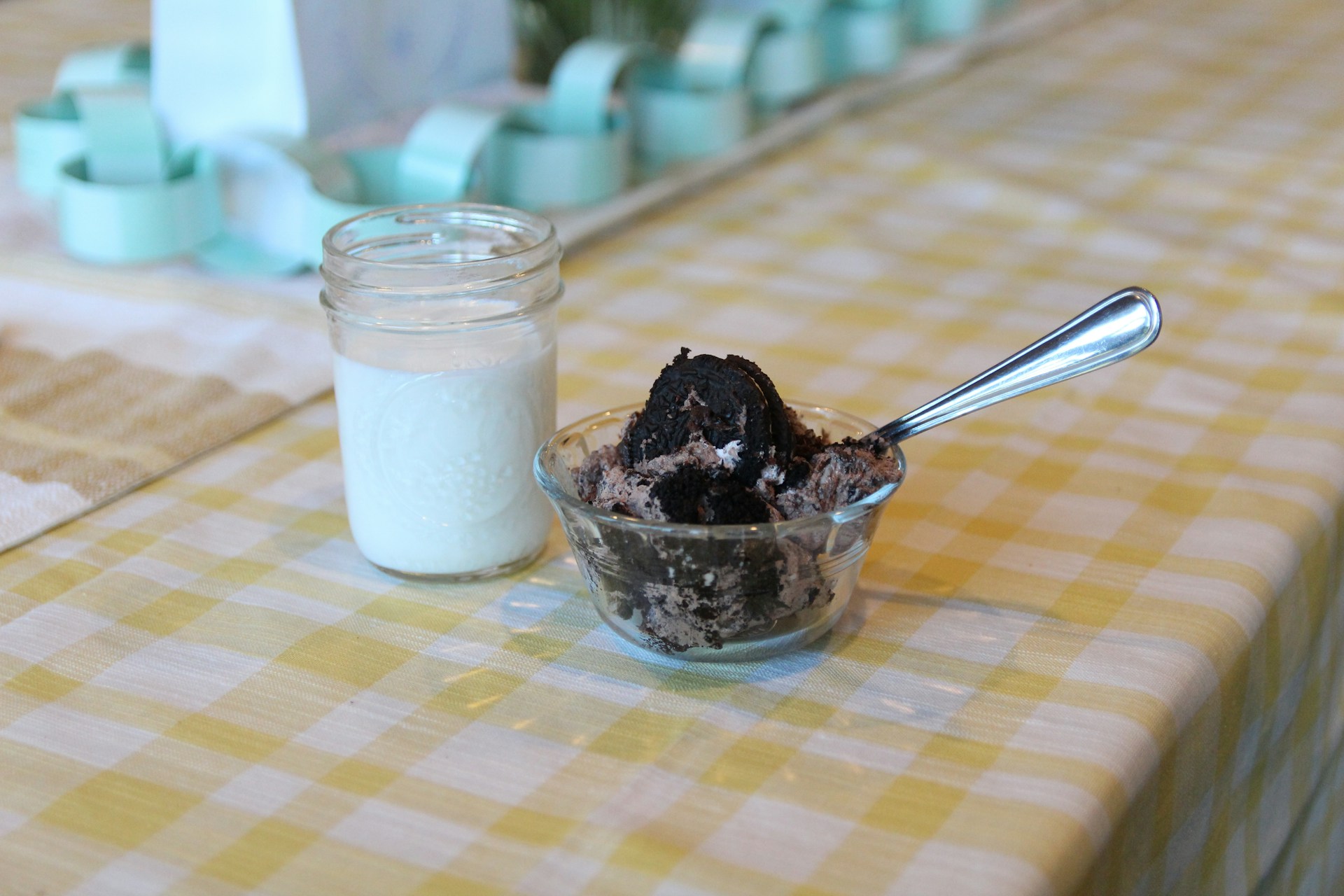"Anak ini kalau makan, ya apapun yang diminta...”: Eksplorasi Nilai Anak dan Pola Pengasuhan Anak pada Suku Jawa di Desa Besowo, Kediri, Jawa Timur
Downloads
Background: Several studies have found that the nutritional status of children was much influenced by childcare patterns. While other studies reveal that parenting patterns were influenced by children's values. The higher the value of the child in the eyes of parents, the better the pattern of care provided is expected, including the habit of dietary given to the child. The study was aimed to explore the value of children (psychology, social, and economy) in Besowo.
Methods: Qualitative research was carried out through an ethnographic approach. The researcher lived in Besowo for six months (June-November 2019). Informants were determined purposively on 23 women and 6 men. The main focus of the research was on the values of children and parenting patterns, including a child's diet.
Results: The value of children psychologically, children were everything. This value makes parents try to be able to fulfill all the wishes of children. When the child did not want to eat, then whatever the child wants will be fulfilled, including eating snacks that were categorized as unhealthy. Value of children socially, children were considered as successors in the family, including those who were obliged to continue and maintain the good name of the family. Parents want children to follow in the footsteps of parents. Unconsciously the parents in question were male parents. The value of the child economically, the child was an investment or an asset. Children were where parents depend on old age. The pattern of parenting showed that even though the value of the child was considered very high, the pattern of care, especially the pattern of food intake in children, tend to be ignored.
Conclusion: Javanese children in the village of Besowo have psychological, social and economic values. Although assessing children was everything, parenting patterns, including intake patterns, showed the opposite treatment.
ABSTRAK
Latar Belakang: Beberapa penelitian menemukan bahwa status gizi anak banyak dipengaruhi pola pengasuhan anak. Sementara penelitian lain mengungkap bahwa pola pengasuhan dipengaruhi oleh nilai anak. Semakin tinggi nilai anak di mata orang tua, maka diharapkan semakin baik pola pengasuhan yang diberikan, termasuk pola makan yang diberikan pada anak. Penelitian ditujukan untuk mengeksplorasi nilai anak (psikologi, sosial, dan ekonomi) di Desa Besowo.
Metode: Penelitian kualitatif dilakukan melalui pendekatan etnografi. Peneliti lived in di Desa Besowo selama enam bulan (Juni-November 2019). Informan ditentukan secara purposif pada 23 perempuan dan 6 laki-laki. Fokus utama penelitian pada nilai anak dan pola pengasuhan, termasuk pola makan.
Hasil: Nilai anak secara psikologi, anak adalah segalanya. Nilai ini membuat orang tua berusaha untuk dapat memenuhi semua keinginan anak. Pada saat anak tidak mau makan, maka apapun maunya anak akan dipenuhi, termasuk makan jajanan yang masuk kategori tidak sehat. Nilai anak secara sosial, anak dianggap sebagai penerus dalam keluarga, termasuk yang berkewajiban untuk meneruskan dan menjaga nama baik keluarga. Orang tua menginginkan anak mengikuti jejak orang tua. Secara tidak sadar orang tua yang dimaksud adalah orang tua laki-laki. Nilai anak secara ekonomi, anak adalah investasi atau aset. Anak adalah tempat orang tua bergantung di hari tua. Pola pengasuhan anak menunjukkan bahwa meski menganggap nilai anak sangat tinggi, tetapi pola pangasuhan, terutama pola asupan makanan pada anak, cenderung diabaikan.
Kesimpulan: Anak pada suku Jawa di Desa Besowo memiliki nilai psikologi, sosial dan ekonomi. Meski menilai anak adalah segalanya, tetapi pola pengasuhan, termasuk pola asupan, menunjukkan perlakuan yang bertolak belakang.
National Institute of Health Research and Development of The Indonesia Ministry of Health. The 2018 Indonesia Basic Health Survey (Riskesdas): National Report. (2019).
Johri, M. et al. Maternal health literacy is associated with early childhood nutritional status in India. J. Nutr. 146, 1402–1410 (2016).
Da Rocha Neves, K., De Souza Morais, R. L., Teixeira, R. A. & Pinto, P. A. F. Growth and development and their environmental and biological determinants. J. Pediatr. (Rio. J). 92, 241–250 (2016).
Casale, D., Espi, G. & Norris, S. A. Estimating the pathways through which maternal education affects stunting: Evidence from an urban cohort in South Africa. Public Health Nutr. 21, 1810–1818 (2018).
Laksono, A. D., Ibad, M., Mursita, A., Kusrini, I. & Wulandari, R. D. Characteristics of mother as predictors of stunting in toddler. Pakistan J. Nutr. 18, 1101–1106 (2019).
Wahyudi, A., Intiasari, A. D. & Laksono, A. D. Portrait of the ‘Noken Child' Pattern in Lani Culture (Potret Pola Asuh ‘Anak Noken' dalam Budaya Lani). (Unesa University Press, 2016).
Harumanto, Saputra, N. & Angkasawati, T. J. Stunting "Anak Kadorih”: Yang Terabaikan. (Unesa University Press, 2016).
Timur-Tashan, S. & Boybay-Koyuncu, S. Satisfaction with the gender of the baby and related factors. Perspect. Psychiatr. Care 55, 471–477 (2019).
Nauck, B. Value of Children and the social production of welfare. Demogr. Res. 30, 1793–1824 (2014).
Tilt, B., Li, X. & Schmitt, E. A. Fertility trends, sex ratios, and son preference among Han and minority households in rural China. Asian Anthropol. 18, 110–128 (2019).
Lin, C. & Rodgers, Y. V. M. Social Disadvantage and Children's Nutritional Status in Rural-Urban Migrant Households. J. Contemp. China 28, 899–915 (2019).
Lillehagen, M. & Lyngstad, T. H. Immigrant mothers' preferences for children's sexes: A register-based study of fertility behaviour in Norway. Popul. Stud. (NY). 72, 91–107 (2018).
Javed, R. & Mughal, M. Have a Son, Gain a Voice: Son Preference and Female Participation in Household Decision Making. J. Dev. Stud. 55, 2526–2548 (2019).
Smith-Greenaway, E., Weitzman, A. & Chilungo, A. Child Sex Composition, Parental Sex Preferences, and Marital Outcomes: Evidence From a Matrilineal Context. J. Marriage Fam. 81, 1126–1143 (2019).
Kusumawardani, N. et al. Penelitian Kualitatif di Bidang Kesehatan. (PT Kanisius, 2015).
Von Gaudecker, J. R. Challenges in Conducting Ethnography among Hidden Populations in Rural South India. J. Neurosci. Nurs. 50, 351–355 (2018).
Eleftherakos, C. et al. ‘I prefer dying fast than dying slowly', how institutional abuse worsens the mental health of stranded Syrian, Afghan and Congolese migrants on Lesbos island following the implementation of EU-Turkey deal. Confl. Health 12, Article number 38 (2018).
Lim, J. & Chung, S. The Value of Children in South and North Korea. J. Korean Home Manag. Assoc. 33, 77–95 (2015).
Ruslan, I. "Nilai Anak” dalam Perspektif Masyarakat Multi Etnik dan Agama. J. Pendidik. Sosiol. dan Hum. 8, 18–33 (2017).
Fahmi, S. & Pinem, M. Analisis Nilai Anak dalam Gerakan Keluarga Berencana bagi Keluarga Melayu. J. Pendidik. Ilmu-Ilmu Sos. 10, 112–119 (2018).
Kusrini, I., Ipa, M. & Laksono, A. D. "Is It true that the child is king?”: Qualitative Study of Factors Related to Nutritional Status of Children in West Lombok, Indonesia. Indian J. Public Heal. Res. Dev. in press, (2020).
Nurlaila. Interaksi Keluarga terhadap Konsep Nilai Anak pada Masyarakat Betawi. J. Kesejaht. Kel. dan Pendidik. 4, 21–26 (2018).
Suparmi. Nilai Anak Berkebutuhan Khusus di Mata Orangtua. Psikodimensia 15, 188–203 (2016).
Suparmi, Ekowarni, E., Adiyanti, M. & Helmi, A. F. Pengasuhan sebagai Mediator Nilai Anak dalam memengaruhi Kemandirian Anak dengan Down Syndrom. J. Psikol. 45, 141–150 (2018).
Kasnodihardjo. Nilai Anak dalam Keluarga dan Upaya Pemeliharaan Kesehatannya (Value of Children in The Family and Health Care). J. Ekol. Kesehat. 13, 354 – 362 (2014).
Mashudi, A. & Thoyib, M. E. Konstruksi Maskulinitas dalam Cerita Rakyat Jawa. Egalita J. Kesetaraan dan Keadilan Gend. 12, 1–10 (2017).
Laksono, A. D. & Wulandari, R. D. "Anak adalah Aset”: Meta Sintesis Nilai Anak pada Suku Lani dan Suku Aceh. J. Kesehat. Reproduksi 10, 11–20 (2019).
Widayani, N. M. D. & Hartati, S. Kesetaraan dan Keadilan Gender dalam Pandangan Perempuan Bali: Studi Fenomenologis terhadap Penulis Perempuan Bali. J. Psikol. 13, 149–162 (2015).
Susanta, Y. K. Sentana Rajeg dan Nilai Anak Laki-Laki bagi Komunitas Bali Diaspora di Kabupaten Konawe. Harmoni 18, 504–518 (2019).
Das Gupta, M. Is banning sex-selection the best approach for reducing prenatal discrimination? Asian Popul. Stud. 15, 319–336 (2019).
Nurpuspitasari, C., Mashabi, N. A. & Muhariati, M. Nilai Anak pada Masyarakat Betawi di wilayah Setu Babakan dan Hubungannya dengan Ketahanan Keluarga. J. Kesejaht. Kel. dan Pendidik. 4, 46–52 (2017).
Pillai, V. K. & Maleku, A. Women's education and child stunting reduction in India. J. Sociol. Soc. Welf. 46, 111–130 (2019).
Beal, T. et al. Child stunting is associated with child, maternal, and environmental factors in Vietnam. Matern. Child Nutr. 15, Article number e12826 (2019).
Abera, L., Dejene, T. & Laelago, T. Magnitude of stunting and its determinants in children aged 6-59 months among rural residents of Damot Gale district; Southern Ethiopia. BMC Res. Notes 11, Article number 557 (2018).
Dimaria, S. A. et al. Adequacy of some locally produced complementary foods marketed in benin, Burkina faso, Ghana, and Senegal. Nutrients 10, (2018).
AMERTA NUTR by Unair is licensed under a Creative Commons Attribution-ShareAlike 4.0 International License.
1. The journal allows the author to hold the copyright of the article without restrictions.
2. The journal allows the author(s) to retain publishing rights without restrictions
3. The legal formal aspect of journal publication accessibility refers to Creative Commons Attribution Share-Alike (CC BY-SA).
4. The Creative Commons Attribution Share-Alike (CC BY-SA) license allows re-distribution and re-use of a licensed work on the conditions that the creator is appropriately credited and that any derivative work is made available under "the same, similar or a compatible license”. Other than the conditions mentioned above, the editorial board is not responsible for copyright violation.












































